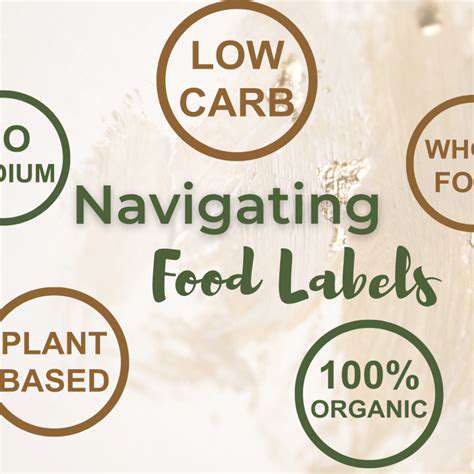Guide to Practicing Forgiveness
Practical Steps to Release Resentment and Anger

Understanding the Roots of Resentment
Resentment often stems from unmet expectations, perceived injustices, or past hurts. It's important to acknowledge these underlying feelings and recognize that resentment is a response, not necessarily a reflection of the situation itself. Identifying the specific triggers that contribute to your feelings of resentment is crucial for addressing them effectively. Understanding the root cause can provide valuable insight and empower you to move forward.
Often, resentment is a complex emotion that can manifest in subtle ways. Recognizing the patterns in your thoughts and behaviors can help you identify the underlying issue. This self-awareness is the first step towards healing and releasing the negativity associated with resentment.
Identifying the Specific Trigger
Pinpointing the precise event or situation that sparked your resentment is vital. Was it a specific action, a perceived lack of support, or a feeling of betrayal? Examining the details of the trigger can help you understand the context and potential contributing factors.
Consider the specific behaviors and words that fueled your resentment. By understanding the trigger, you gain a clearer picture of what needs to be addressed in order to move past this negative emotion.
Developing Self-Compassion
Self-compassion is essential in navigating feelings of resentment. Acknowledge that it's okay to feel hurt and upset. Treat yourself with the same kindness and understanding you would offer a friend experiencing similar emotions. Remember that you are not alone in these feelings, and it's possible to heal from them.
Being kind and understanding towards yourself is critical to releasing resentment. Allow yourself the space to grieve, process, and heal from past hurts without judgment.
Exploring Alternative Perspectives
Try to see the situation from different perspectives. Consider the other person's motivations and experiences. This doesn't mean condoning their actions, but rather understanding their potential context. This shift in perspective can help you detach from the negative emotions associated with resentment.
Stepping outside your own perspective can be challenging, but it's often a necessary step in releasing resentment. It fosters empathy and understanding, which are powerful tools in moving past conflict and negativity.
Communicating Effectively
If possible, communicate your feelings to the person who caused the resentment. Express your hurt and frustration, but be mindful of your tone and language. Aim for constructive dialogue, not confrontation. Expressing yourself clearly and respectfully can lead to resolution and healing.
Effective communication is key. Choose your words carefully, focusing on expressing your needs and feelings rather than blaming or accusing. This approach helps to foster understanding and potential resolution.
Practicing Forgiveness
Forgiveness, in its various forms, is crucial for releasing resentment. It doesn't necessarily mean condoning the actions that caused the hurt, but rather releasing the negative energy and emotional burden it carries. Forgiveness can take time, but it's a powerful step towards healing and moving forward.
This doesn't imply forgetting or condoning. Instead, it's about releasing the grip of resentment and allowing yourself to move forward. Ultimately, forgiveness is a gift you give yourself.
Implementing Healthy Coping Mechanisms
Develop healthy coping strategies to manage and reduce feelings of resentment. Engage in activities that bring you joy and relaxation, such as exercise, meditation, spending time in nature, or pursuing hobbies. These activities can help you shift your focus and build resilience.
Mindfulness, journaling, or engaging in creative outlets can be effective tools to manage stress and negative emotions related to resentment. These healthy coping mechanisms can help you regain control and foster a positive outlook on life.

Read more about Guide to Practicing Forgiveness
Hot Recommendations
-
*Guide to Managing Gout Through Diet
-
*Best Habits for Financial Well being
-
*How to Build a Routine for Better Mental Health
-
*How to Eat Healthy on a Budget [Tips & Meal Ideas]
-
*Guide to Practicing Self Acceptance
-
*How to Incorporate More Movement Into Your Day
-
*Guide to Managing Chronic Pain Naturally
-
*Guide to Building a Reading Habit for Well being
-
*Top 5 Weight Loss Supplements That Actually Work
-
*Best Exercises for Postpartum Recovery [Beyond Abdominal Work]



![What is the Mediterranean DASH Diet? [Benefits & How To]](/static/images/26/2025-05/MakingtheMediterranean-DASHDietaSustainableLifestyle.jpg)

![Guide to Heart Health for Women [Unique Risks & Prevention]](/static/images/26/2025-05/BeyondtheBasics3AAddressingSpecificConcerns.jpg)





